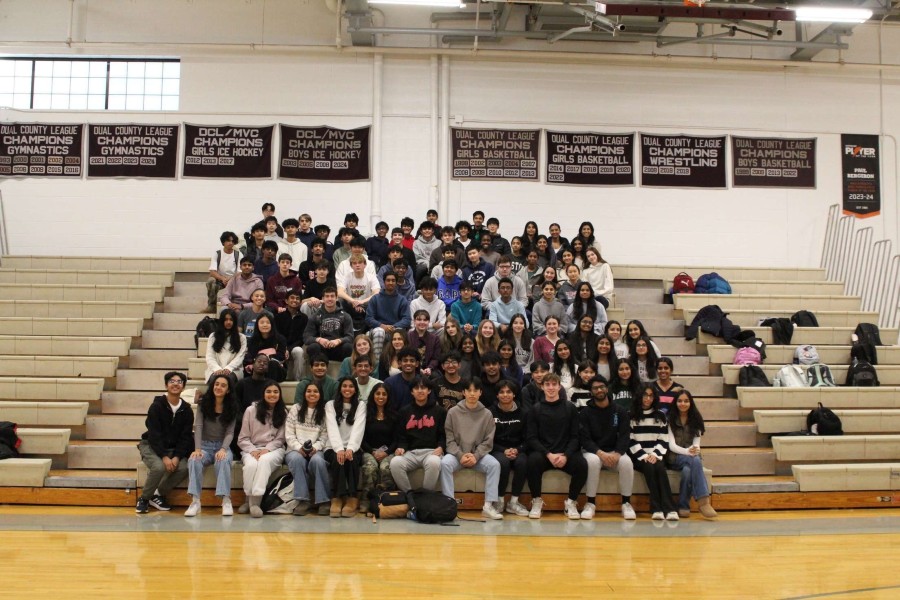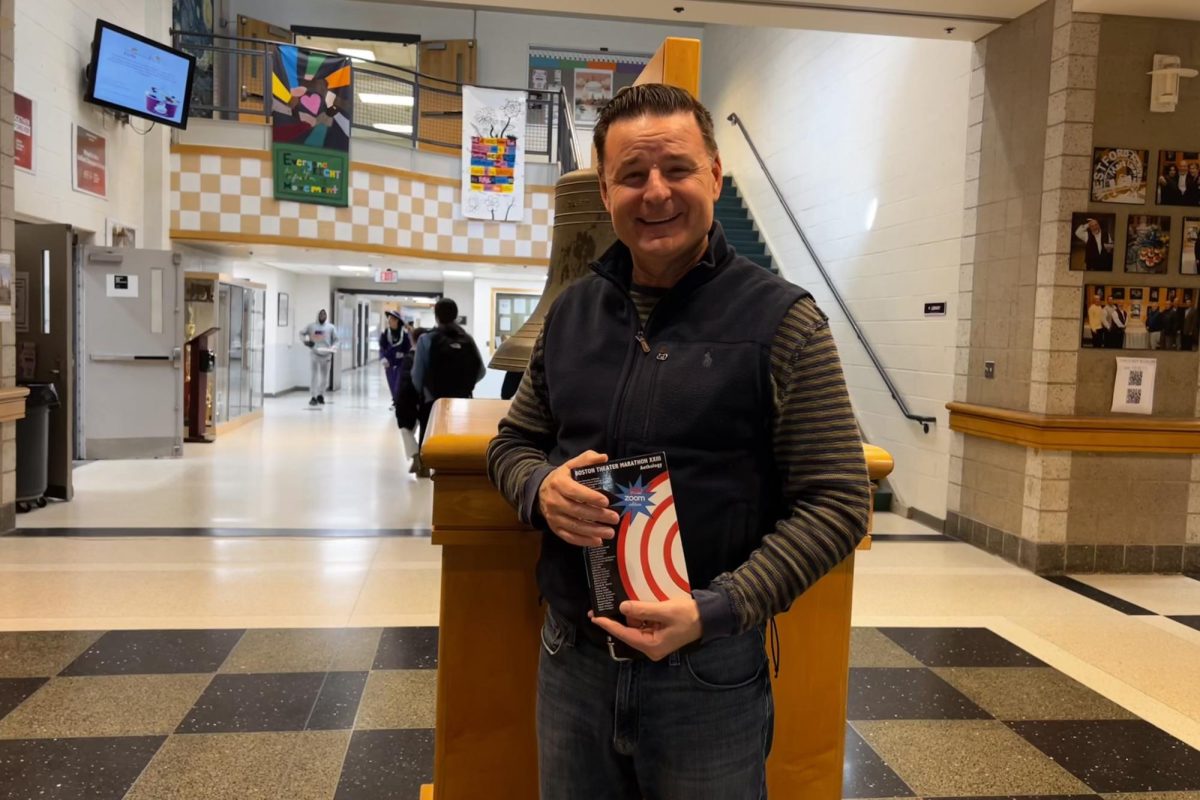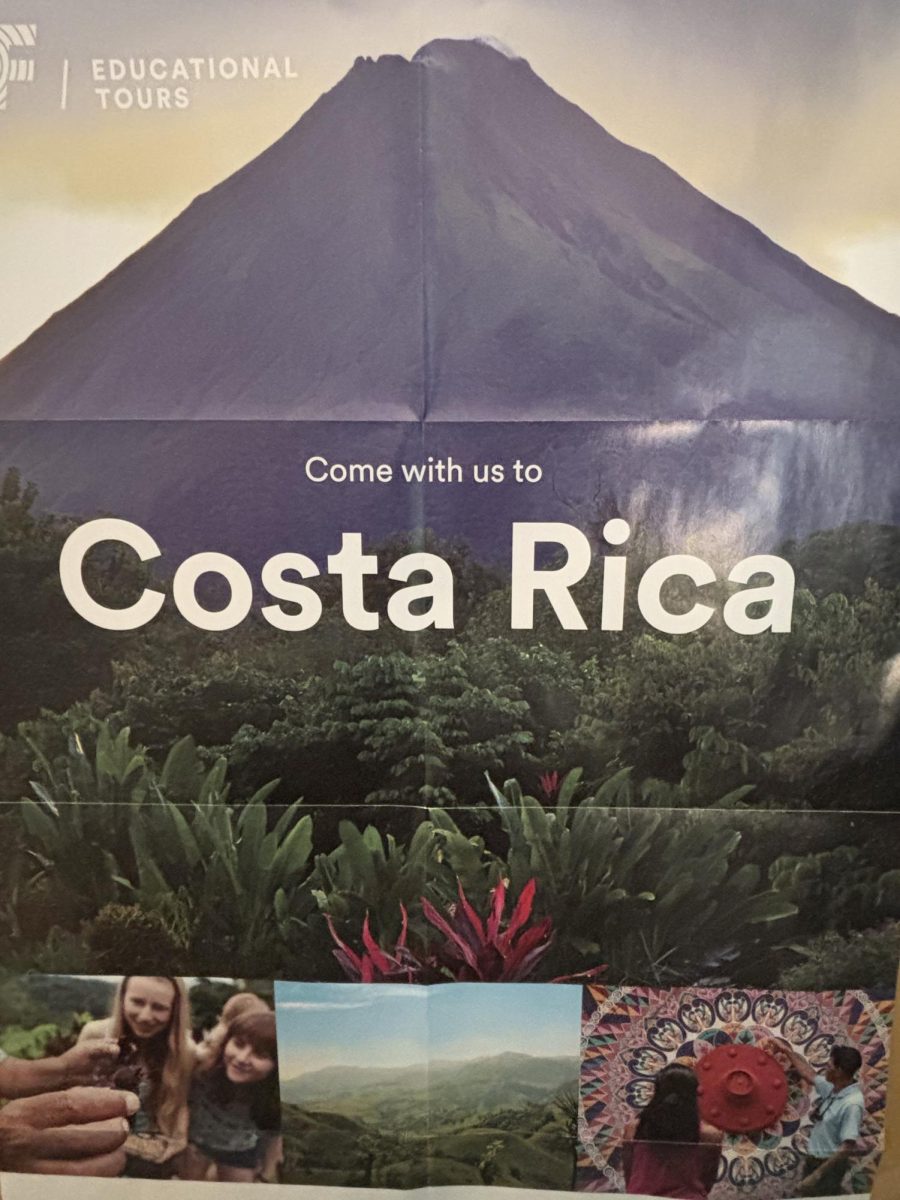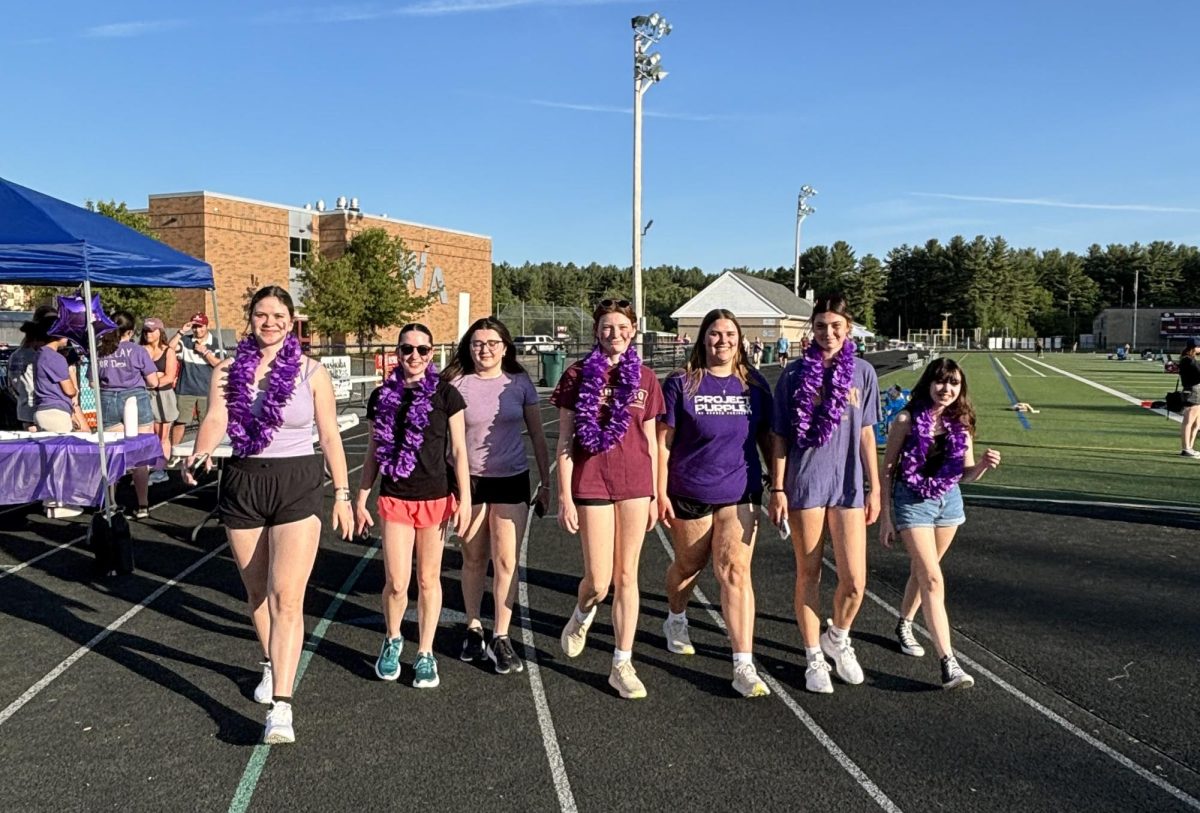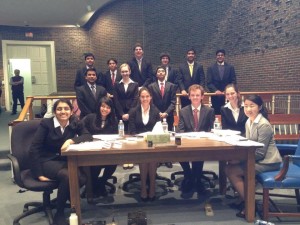 By Victoria Walker
By Victoria Walker
Staff Writer
A long walkway stretches through neat lines of mahogany benches, past a jungle of antique wooden furniture and cleanly cut papers. Chairs scrape against floorboards as an array of well-dressed people settle into leather office chairs facing the front of the room. There is an air of prominence emanating from the well-waxed desk crouched opposite the door, with an unadorned gavel planted firmly in its center. Silence clouds the room as the courtroom eventually fills, save for the shuffling of papers by opposing attorneys as they prepare to take the floor for a heated debate.
This is a scene that most of us do not plan to encounter until the inevitable process of jury duty or a devoted love of justice draws us into the legal world as adults. It is certainly not where one would expect to find any assortment of high school students.
One may, therefore, be surprised to learn that WA has its very own contingent to the world of debate, justice and attorneys: the Mock Trial Team. Having finished its competitions this year, the team will be starting up again next season for another year of trials and attempting to beat this year’s record of two in one.
The team, open to anyone with a desire to become educated in court proceedings and the ongoings of the legal world, is advised by Sandra Whittemore, James Bogue, Yolanda Rigali and general practice lawyer, Ellie Hertzberg. It hopes to promote legal understanding, listening, speaking and reasoning skills.
“Being on mock trial really helps your critical thinking because even when you’re just sitting down as an understudy and looking over someone else’s case, poking holes in arguments is something you develop,” said team member, sophomore Pranav Mulpur.
Students interested in joining the team can try out at the beginning of each year and are chosen to either compete right away or to become an understudy, a preliminary step for those hoping to compete in future seasons. Once on the team, members divide into plaintiff and defense sections which argue different sides of the same case against teams from other school in the area. Each of these groups consists of a direct lawyer, cross lawyer and three witnesses.
“One [group] is scheduled to perform and then the other one will go for support” explained Mulpur.
The team meets twice a week for an hour and a half, on Monday and Wednesday nights, preparing to argue a case that has been assigned to the whole state. All this work goes into three meets, a number that can increase if the team remains undefeated and moves on to higher levels of the competition. While it is difficult to come back after a loss, it is not impossible. WA team advisor Rigali recalls instances where they have risen to the challenge.
“Interestingly enough and wonderfully so for the actions of this team was that we lost the first competition and came back roaring second and third,” said Rigali.
If you are considering a profession in the law field and are seeking experience, mock trial is the perfect place for you. While it does not run exactly the same way as a real courthouse does, instead, switching off year to year between criminal and civil cases, the competitions do mirror many of the essential aspects of court life.
Taking place in courthouses such as the Concord District Court, the competitions give students the chance to practice speaking in front of a crowd. This requires a lot of flexibility, because while the information is set, competitors have to be able to respond to any situation on the spot, all the while staying in character.
“Well you’ve got to be pretty flexible. You’ve got to be because it’s a competition,” said team member, sophomore Teja Rao. “We’ve trained… the thing is that Ryan does directs, let’s say. So Ryan [Maher] has done his direct all the time, but in the actual competition he’s got to be able to object, to figure out what kind of questions they’re asking that they shouldn’t be asking.”
While the given facts do not change from meet to meet within a season, that WA team knows that is important to be prepared for anything that may happen.
“There’s always those people, those witnesses who are like robots. You can tell they talk very flatly, and you can always tell those people who really got into their character,” said sophomore team member, Nishant Nawathe.
Furthermore, arguing one side of a case so thoroughly allows students to become more easily aware of possible counter arguments, so that they may refute them.
“It also helps you see things from an objective point of view. If you’re working for a certain side, you have to consider what the other side is going to say,” said team member, junior Karen Ni.
In the end, the court ruling comes down to the word of an omnipotent judge, with no appeals allowed. The decision is relatively subjective, which can both help and hinder the team.
“There’s no sort of appeals process or any sort of panel of people judging you,” said Mulpur. “It’s one person and they have their own whims and their rulings are absolute basically. What they say is law.”
All of this said, one does not have to want to be an attorney in order to join the team. It is needless to say a great place to develop life skills, have a good time and meet friends.
“My friends told me about it and this was my first year doing it too. I wasn’t really sure what to expect when I came in, but I ended up having a tremendous experience,” said Rao.
Ni added, “It’s good for bonding too. We spend a lot of time together.”
Participation on the team may seem like a lot of work. It can require four to six hours a week between December and March, but it is also fun and incredibly rewarding, according to current members.
Made up of roughly twenty two people, mock trial provides a great opportunity to build lasting friendships. It is work, but this equates more to hanging out with people who enjoy some of the same things more than anything else. Team members recollect many inside jokes and the ever-present incentive of Oreos.

